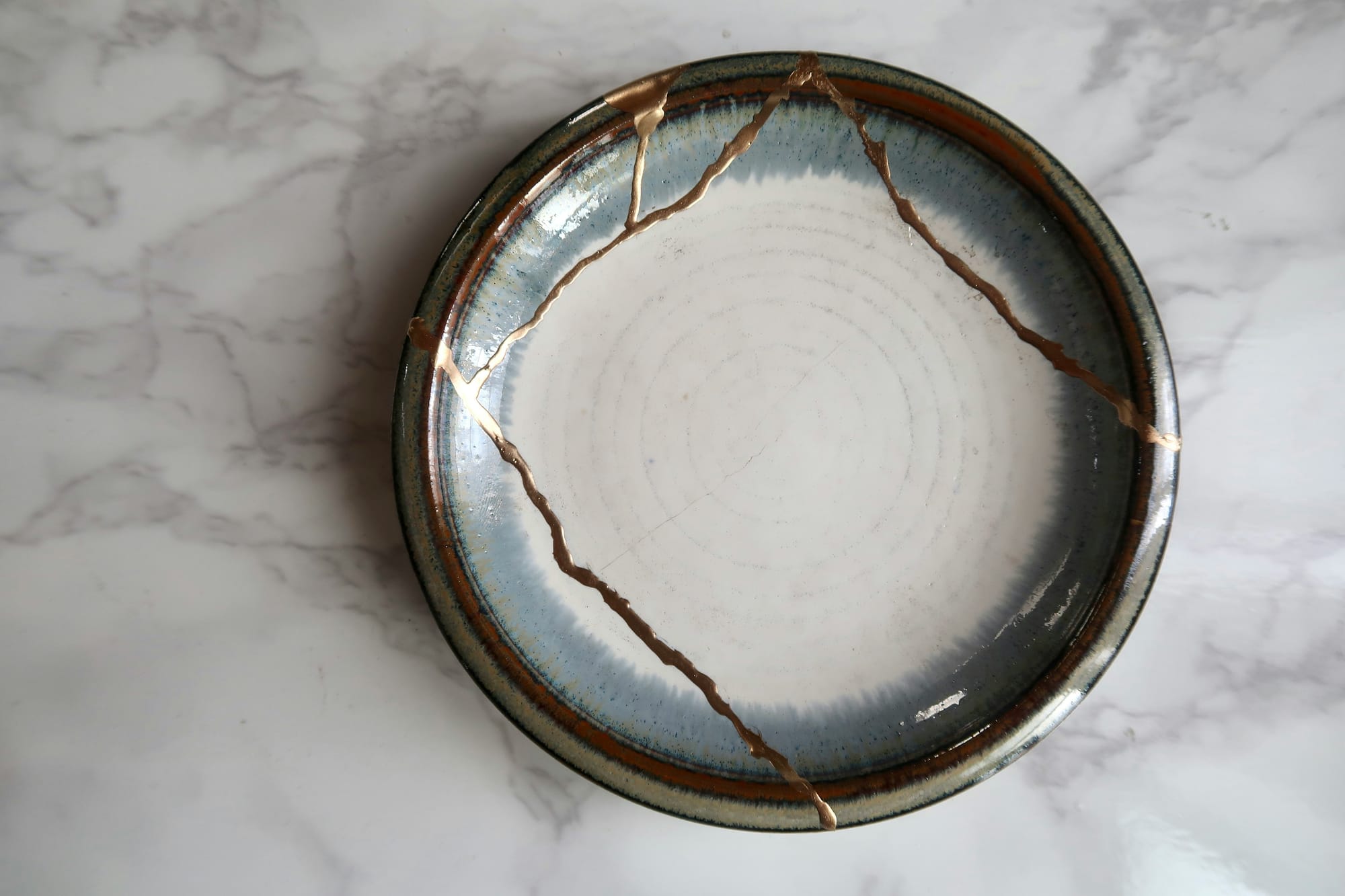What Makes Life Worth Living? Reflections on Creativity and Priorities

Do you know what makes your life worth living? What are the most important things in your life?
For most people, the answers are clear: family, friends, health, and financial security. Research consistently supports these priorities, with family ranking as the most meaningful aspect of life globally. Other common priorities include success, physical activity, time in nature, giving back, and material well-being. Cultural differences also shape these values: in collectivist societies like Taiwan, community and societal well-being are emphasized, while in individualistic regions such as the U.S. and Western Europe, personal relationships and individual success take precedence.
Yet, one priority that often goes unmentioned—though it deeply influences my own sense of fulfillment—is creativity. Have you ever thought about where creativity fits into your own list of priorities? While not always explicitly recognized, creative expression shapes our well-being and provides a unique lens for understanding the world. This realization became especially clear to me during a recent experience that I’d like to share.
A Personal Question
A few months ago, I attended an introductory class for an occupational training program to improve my coaching and facilitation skills. Early on, the teacher asked us to reflect on a profound question: What are the most important aspects of your life right now?
As the group shared their answers, I noticed the recurring themes: family, friends, health, financial security, and hobbies like sports or spending time in nature. These are all wonderful priorities, yet as the last to speak, I couldn’t shake the feeling that something was missing.
When it was my turn, I said: “Yes, family, my partner, and my friends are incredibly important to me. But right after that, I would put creativity. Creativity makes me feel alive.”
Creativity: A Privilege or a Necessity?
When another participant in the workshop remarked, “That’s a privilege—being able to take time for creativity,” I paused to reflect.
It’s true—creativity often requires resources like time, energy, and opportunities, which aren’t equally accessible to everyone. Caregiving responsibilities, demanding jobs, or financial constraints can make it challenging to prioritize creative pursuits. Yet creativity doesn’t have to involve grand gestures. It can thrive in small, everyday acts like journaling, cooking, or solving problems. Community programs and accessible art spaces can also play a crucial role in making creativity more attainable for those facing barriers.
However, practical challenges aren’t the only reason creativity is often undervalued. Societal misconceptions discourage many from exploring their potential. Creativity is frequently seen as the domain of the naturally gifted—a myth that excludes countless individuals. Julia Cameron, in her book The Artist’s Way, even speaks of “shadow artists”—people who admire creativity but feel unworthy or incapable of pursuing it themselves. She challenges this notion, urging everyone to recognize and nurture their creative potential by quieting the inner critic that holds them back.
By reframing creativity as both accessible and essential, we can begin to see it not as a privilege reserved for a few, but as a skill—a resource we can nurture and integrate into our lives. Whether it’s through solving challenges at work, designing systems, or navigating relationships, creativity enriches our lives in ways we may not have imagined.
Why Creativity Matters
Here’s why I believe creativity deserves more recognition as a core life priority:
- Personal Meaning and Identity: Creativity allows us to articulate our thoughts, emotions, and experiences authentically.
- Emotional Processing and Healing: Art offers a powerful outlet for processing emotions. Journaling during times of grief or creating music in challenging moments transforms pain into something meaningful. This process isn’t just therapeutic; it’s essential for resilience.
- Connection and Empathy: Creativity bridges gaps between people, transcending language and cultural barriers. In Japan, the art of kintsugi—repairing broken pottery with gold—reflects the belief that flaws and imperfections can become sources of beauty. This philosophy symbolizes resilience and renewal, turning brokenness into strength through creative expression. Similarly, Brazil’s Carnival embodies communal joy and artistic expression, bringing people together through music, dance, and vibrant displays of creativity. These traditions demonstrate how creativity, deeply embedded in cultural practices, serves as a source of both individual and collective connection, fostering meaning and shared humanity.
- Playfulness and Joy: Creativity invites experimentation and play, cultivating moments of flow and happiness. It lightens life’s burdens and brings mental flexibility to tackle challenges.
- Legacy and Impact: Creative works often outlast their creators, leaving a meaningful impression on others. Whether it’s a journal passed to loved ones or a public artwork that inspires generations, creativity aligns with our desire to contribute something lasting.

A Personal Transformation
Since I gave myself permission to prioritize creativity—to sing, write, and explore—I’ve felt a profound shift in my sense of self. Creative expression has brought lightness, playfulness, and a deep sense of meaning into my life that I was missing before. It’s not just about making art; it’s about connecting with myself and feeling more confident in who I am.
What About You?
So, let me ask you: what makes your life worth living? What aspects of life are most important to you? And what role does creativity play in enriching your life priorities, like relationships or health? Could embracing small acts of creativity bring unexpected joy or fulfillment to your daily life?
Thanks for reading! I’d love to hear your thoughts. Please share your experiences in the comments below.
Ich habe mich entschieden, meinen Blog auf Englisch zu belassen und daher keine deutsche Übersetzung hinzugefügt. Ihr könnt den Text jedoch gerne selbst mit Tools wie Google Translate oder DeepL übersetzen.
Vielen Dank für euer Verständnis und eure Unterstützung!




Comments ()